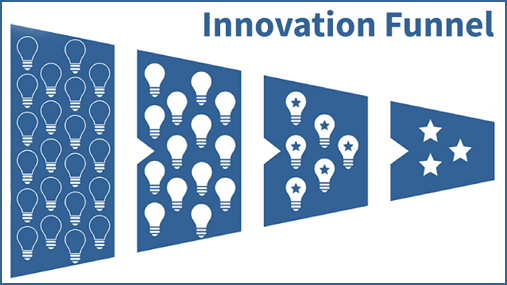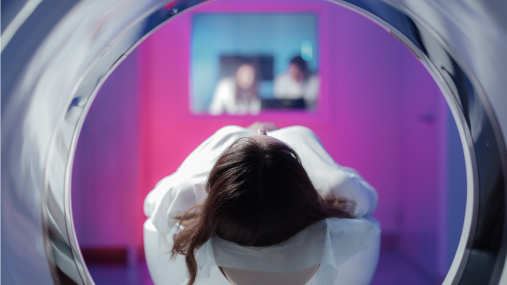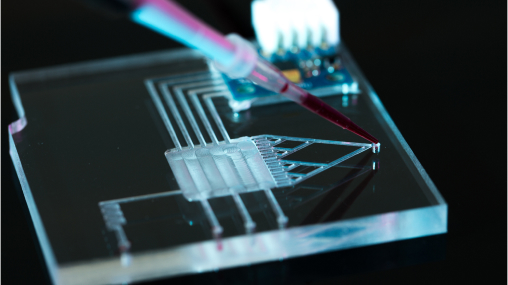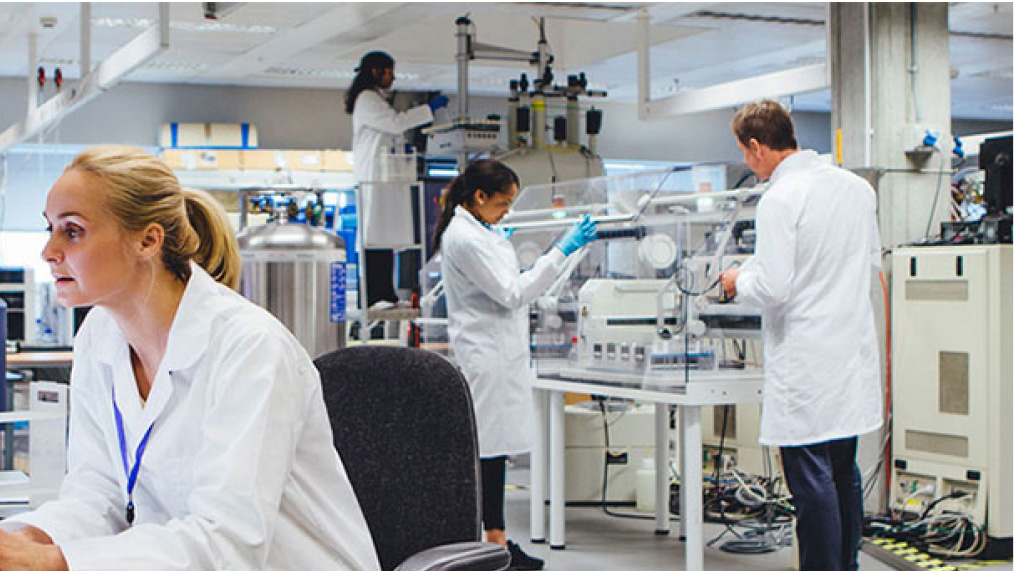Scientific Program Areas
Rapid Acceleration of Diagnostics Technology (RADx® Tech) programs can be utilized to quickly develop, validate, and achieve regulatory authorization for a range of health care problems.
The Division of Applied Science & Technology (DAST) supports the development of innovative biomedical imaging technologies to transform our understanding of biological and disease processes for improving diagnostics, image-guided therapies, and human health.
The Division of Discovery Science and Technology (DDST), through device and biological engineering, supports the development of broadly applicable biomedical technologies and research to advance the design and deployment of future technology-driven interventions.
The Division of Health Informatics Technologies (DHIT) supports development of science and technology for processing and evaluating complex biomedical information to develop solutions for real-world healthcare problems.
The Division of Interdisciplinary Training (DIDT) aims to develop a competent and diverse workforce that can address bioengineering challenges of the future.
Small Business programs support innovative technologies through various stages of commercial research and development.
Collaborations to Accelerate Technology
NIBIB supports technologies to improve health through innovative partnerships and collaborative activities with other institutes, centers, and offices at NIH, and agencies across the federal government.
RADx Tech Innovation Funnel
NIBIB is utilizing an infrastructure established during the pandemic to quickly develop, validate, and commercialize technologies for a range of health care problems.
- ITAP for Point of Care Lesion Panel Test
- RADx Tech Fetal Monitoring Challenge
- Blueprint MedTech
- RADx Tech for Maternal Health
- Advanced Platforms for HIV Viral Load testing at the Point of Care
- ITAP for Mpox
- ITAP for Hepatitis C Virus RNA Point-of-care Diagnostics
RADx MARS
This effort developed a system to securely send results from a self-administered test to public health systems. The process is designed to work with different tests and includes an option for anonymous reporting.
Make My Test Count
The MakeMyTestCount.org website is an easy way to anonymously report test results for any brand of at-home COVID-19 test. This helps public health departments to assess needs and provide resources. Report your test results.
Complement Animal Research In Experimentation (Complement-ARIE) Program
A competition that invites innovative New Approach Methodologies (NAMs) solutions from teams who can successfully demonstrate implementation of integrated human-based solutions in a practical and usable form within a 3-year period.
Medical Imaging and Data Resource Center (MIDRC)
A high-quality repository for medical images and associated clinical data for developing medical image-based artificial intelligence (AI) for use in the detection, diagnosis, prognosis, and monitoring of COVID-19 and other diseases.
Point of Care Technologies Research Network (POCTRN)
Drives the development of POC technologies through collaborative efforts that merge scientific and technological capabilities.
Interagency Modeling and Analysis Group (IMAG)
Provides a government-wide open forum to share updates on individual programs and plan trans-agency activities that will have a broad impact on communities served by IMAG.
NIBIB National Technology Centers Program (P41)
Through the P41 grant mechanism, these Centers create critical and unique technology and methods at the forefront of their respective fields and apply them to a broad range of basic, translational and clinical research.
NIH-wide Collaboration
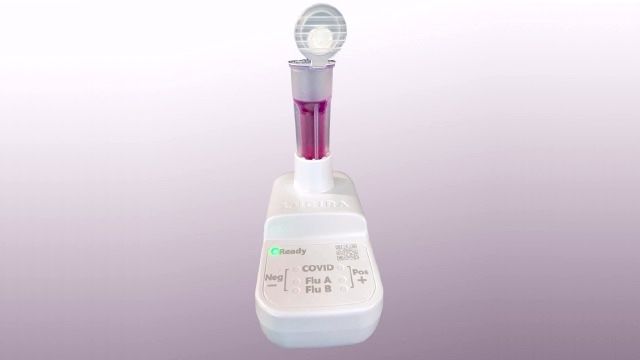
COVID-19 Activities
RADx® Tech is a component of the overarching NIH RADx Initiative to speed innovation in the development, commercialization, and implementation of technologies for COVID-19 testing.

